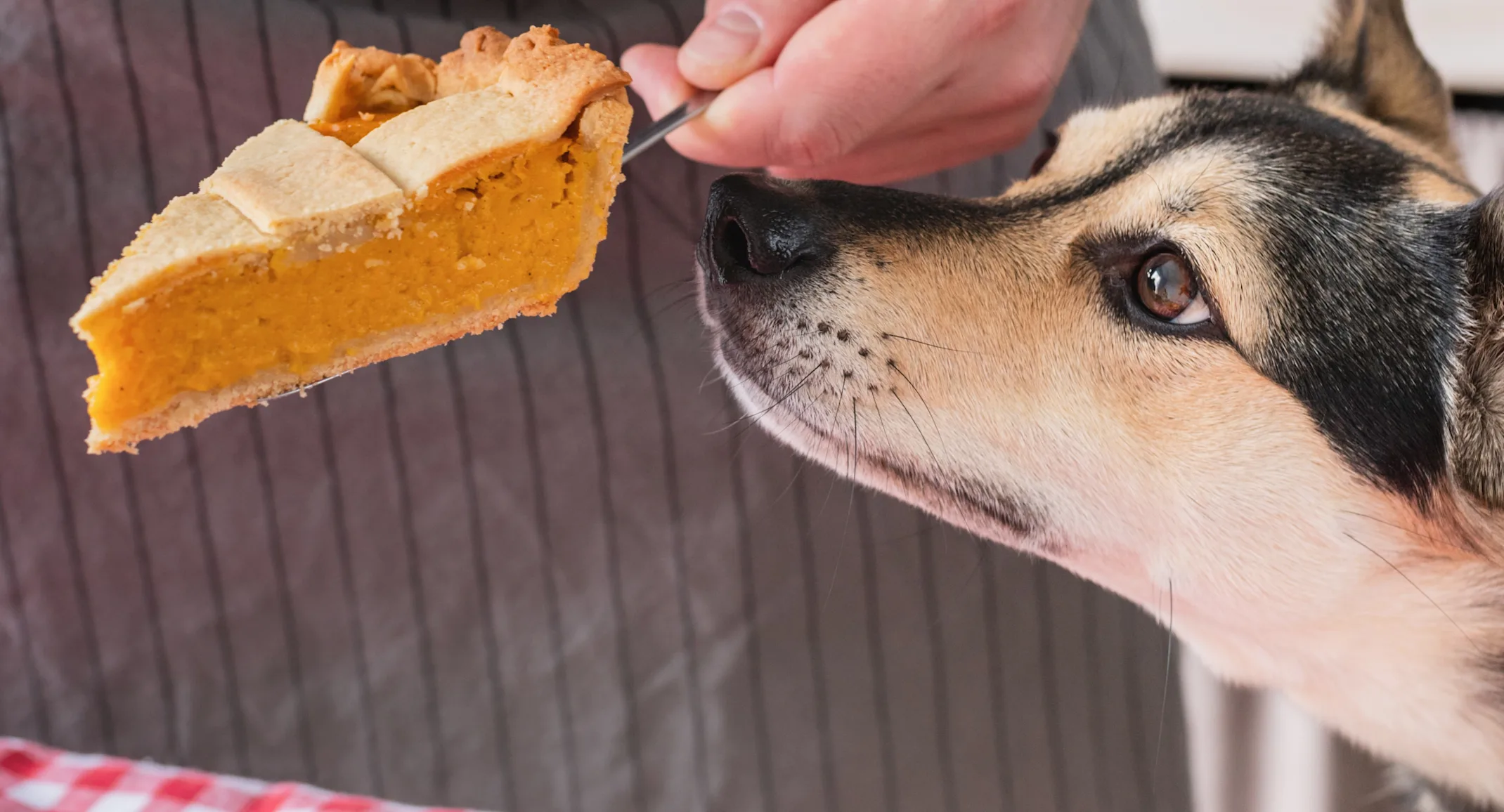Holiday Hazards: What to Do If Your Pet Eats Something They Shouldn’t
October 10, 2025 · Pet Safety

As Thanksgiving, Halloween, and Christmas approach, our homes fill with festive food, décor, and excitement — but also with hidden dangers for our furry family members. At Veterinary Emergency and Referral Hospital of West Toronto, we often see an increase in foreign body ingestion cases during the holiday season.
From turkey bones to tinsel, pets can be quick to swallow something they shouldn’t — and the consequences can be serious.
What Is a Foreign Body Ingestion?
A foreign body ingestion occurs when your dog or cat swallows something that can’t safely pass through their digestive tract. Common culprits include:
Food items: bones, corn cobs, turkey skin, chocolate, grapes, and candy wrappers
Toys and decorations: string, ribbon, tinsel, ornaments, and small plastic pieces
Clothing items: socks, hair ties, gloves, or fabric scraps
These objects can become stuck in the stomach or intestines, leading to pain, vomiting, and potentially life-threatening blockages.
Why the Holidays Are a Risky Time
It’s easy to get distracted when entertaining guests or cleaning up after a big meal — and pets are quick to take advantage. Some of the most common holiday hazards we see include:
Thanksgiving: cooked bones, fatty foods, and food scraps left within reach
Halloween: candy and chocolate, especially those containing xylitol or raisins
Christmas: tinsel, ornaments, and leftover food on counters or in trash bins
Even “harmless” items like string or wrapping paper can cause major issues if swallowed.
Warning Signs Your Pet May Have Eaten Something Dangerous
If your pet has ingested a foreign object, you may notice one or more of the following symptoms:
Vomiting or retching
Loss of appetite
Lethargy or restlessness
Drooling or lip-smacking
Abdominal pain (crying, hunching, reluctance to move)
Straining or inability to pass stool
If you suspect your pet may have swallowed something, don’t wait — the sooner they’re seen, the better the outcome.
How Foreign Body Ingestions Are Treated
At VERHWT, our emergency team is equipped to quickly assess and treat foreign body cases. Depending on what your pet has eaten and how recently, treatment may include:
1. Inducing Vomiting
If the object was swallowed within the past few hours and is safe to bring back up, your veterinarian may induce vomiting. This is most effective for soft or small items (like toys, food wrappers, or certain foods) and can prevent a more invasive procedure.
⚠️ Never try to make your pet vomit at home — some objects (like sharp bones or corrosive materials) can cause damage coming back up. Always seek veterinary advice first.
2. Emergency Surgery
If the object is too large, sharp, or has already moved into the intestines, surgical removal may be required. Our surgical team can perform exploratory surgery to locate and safely remove the obstruction, preventing rupture or infection.
While it’s a more involved treatment, surgery can be life-saving for pets with complete blockages or perforations.
Why Early Action Matters
The longer a foreign object stays inside your pet, the higher the risk of complications like infection, dehydration, or tissue damage. Acting quickly can mean the difference between a straightforward treatment and an emergency surgery.
If you’re unsure whether your pet swallowed something, it’s always best to err on the side of caution and call your veterinarian or local emergency hospital for guidance.
Keeping Your Pet Safe This Holiday Season
A few simple steps can help prevent foreign body ingestion:
Keep trash bins sealed and food out of reach
Don’t leave decorations or wrapping materials unattended
Supervise playtime, especially with new toys
Remind guests not to feed your pet table scraps or treats
Even with precautions, accidents happen — and when they do, we’re here to help 24/7.
